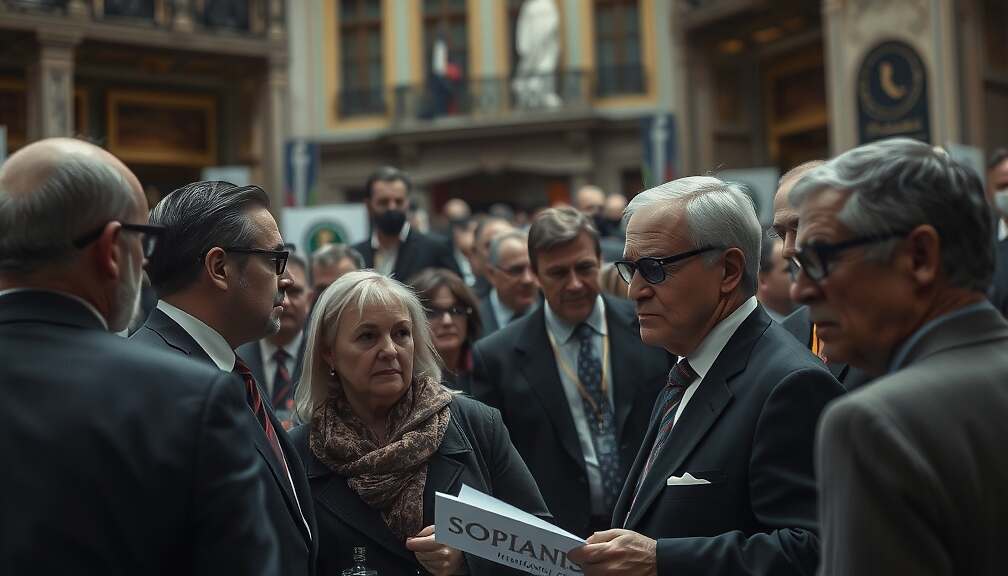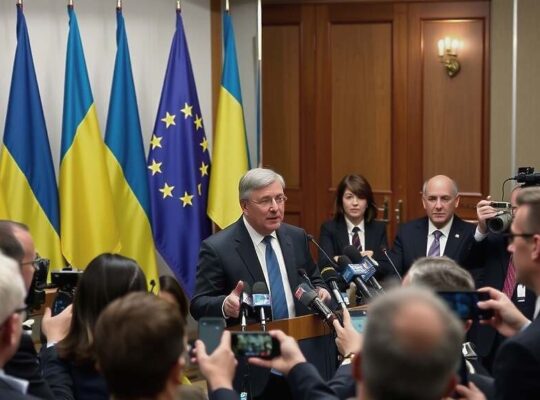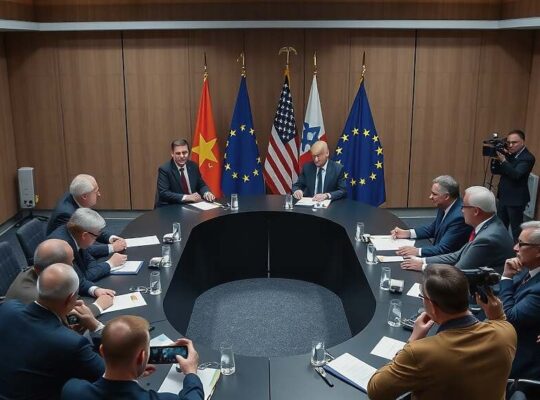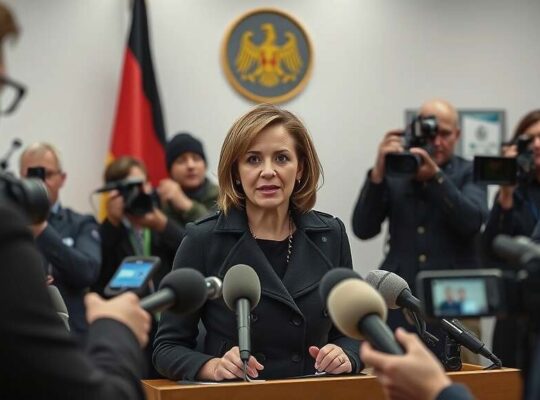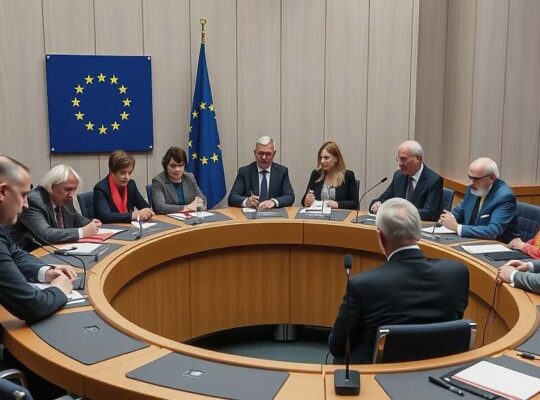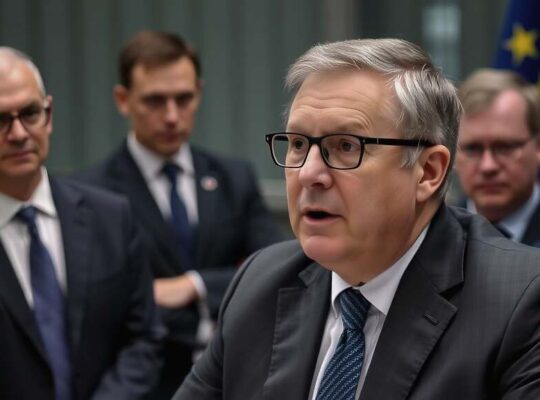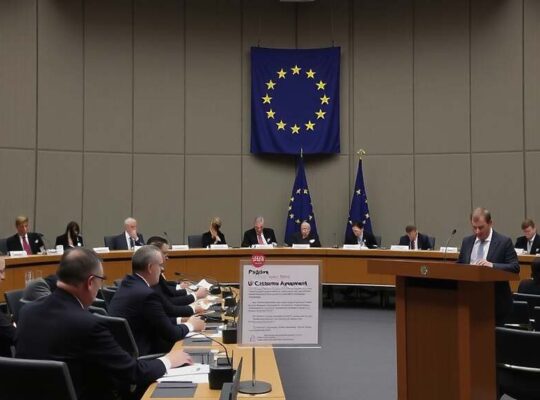The longstanding and costly dual headquarters of the European Parliament in Brussels and Strasbourg faces renewed criticism from within the institution itself, highlighting a persistent political impasse rooted in treaty obligations. Katarina Barley, Vice-President of the European Parliament, voiced her concerns in a recent podcast interview, describing the current arrangement as generating “no joy” amongst the vast majority of members.
Barley’s assessment underscores a practical disconnect between the Parliament’s operational needs and the imposed structure. Many MEPs maintain residences in Brussels, rendering travel to Strasbourg, where only a single staff member can typically accompany them, a logistical burden and a significant expense. While she conceded that some French parliamentarians and those residing near Strasbourg in Baden-Württemberg might welcome the arrangement, the prevailing sentiment appears to reflect frustration with the inefficiency of the system.
The core of the problem and the primary obstacle to reform, lies in the treaty foundations of the European Union. Altering the current agreement requires unanimous consent from all member states – a condition considered virtually unattainable given France’s staunch opposition. Barley’s observation that France “simply will not agree” effectively renders any push for change a protracted and politically fraught endeavor.
The continued deadlock raises critical questions about the prioritization of symbolic gestures versus pragmatic governance within the EU. Critics argue that maintaining Strasbourg as a parliamentary seat, largely for historical and political considerations, represents a misallocation of resources that could be better utilized for addressing pressing policy challenges. The situation also highlights the limitations faced by the Parliament in enacting meaningful reform, even with internal support, when bound by the rigid framework of EU treaties and the political sensitivities of involved nations.


